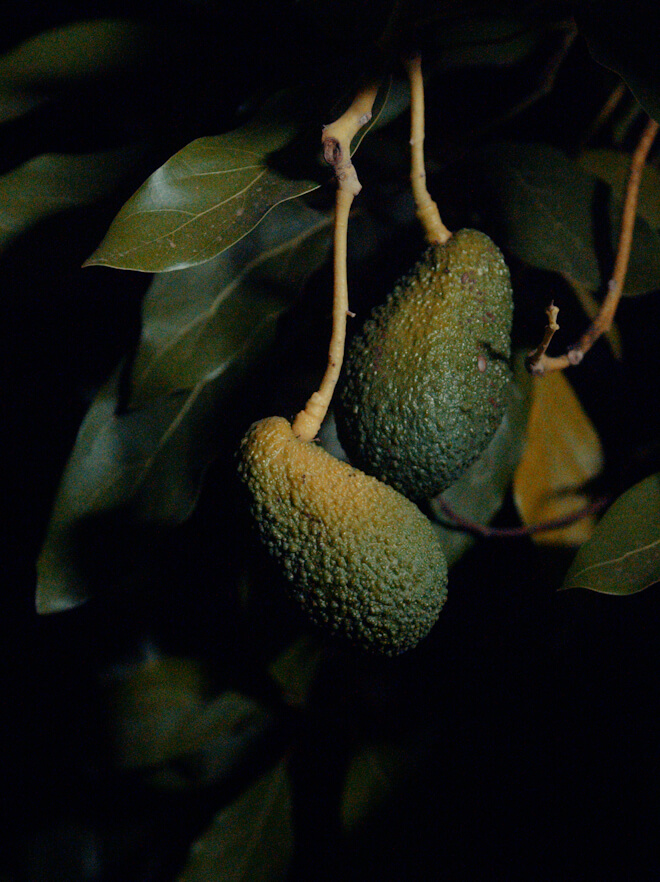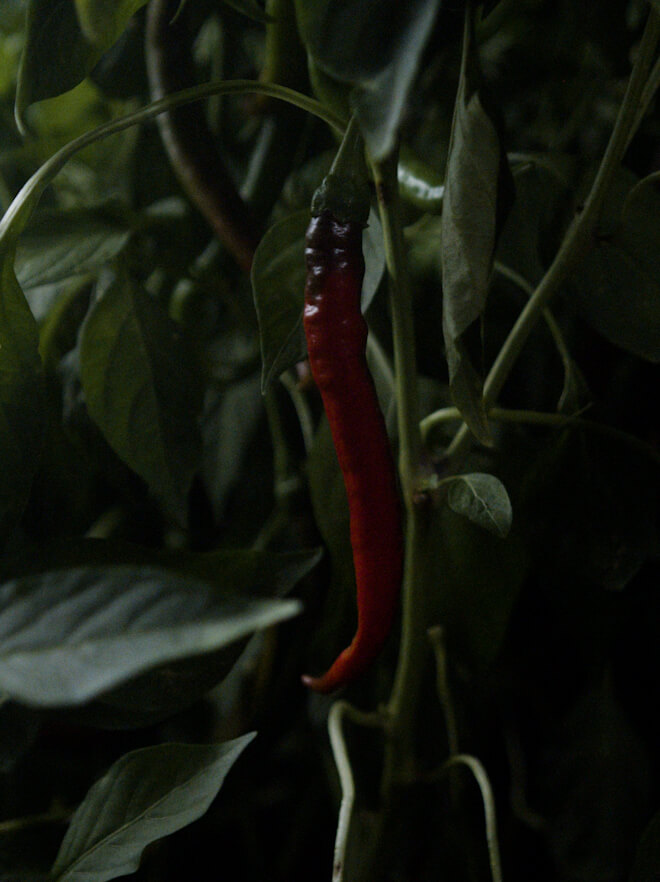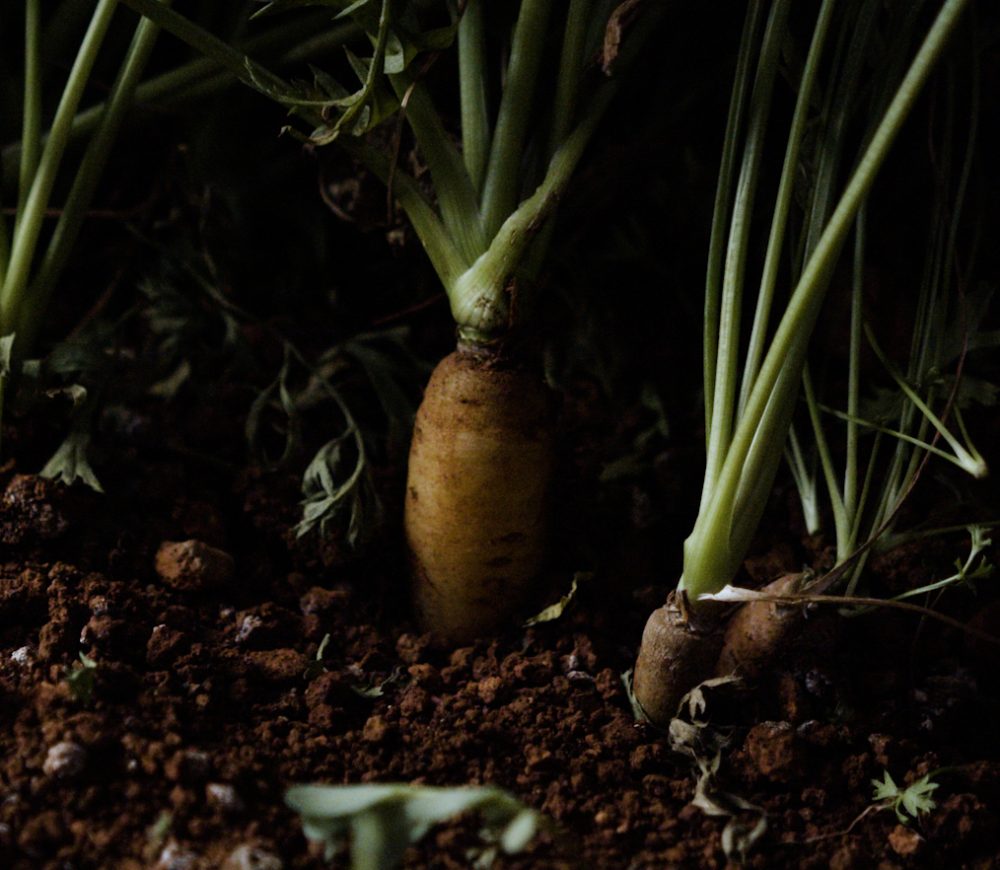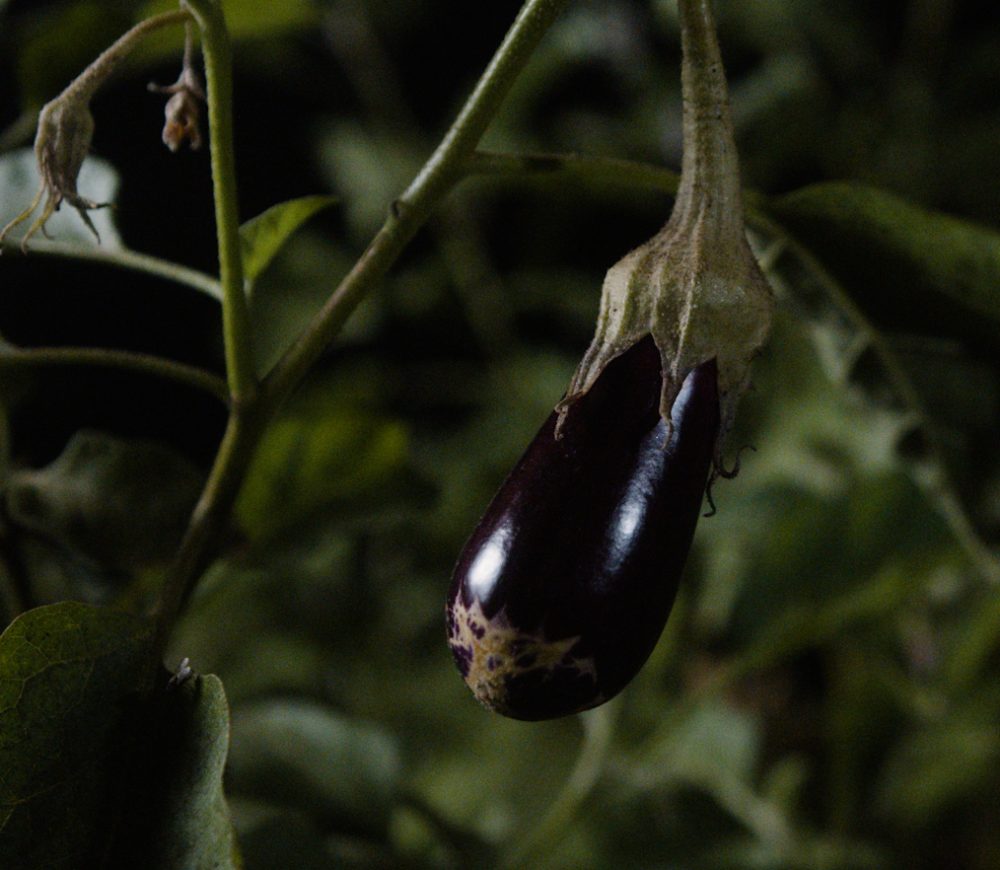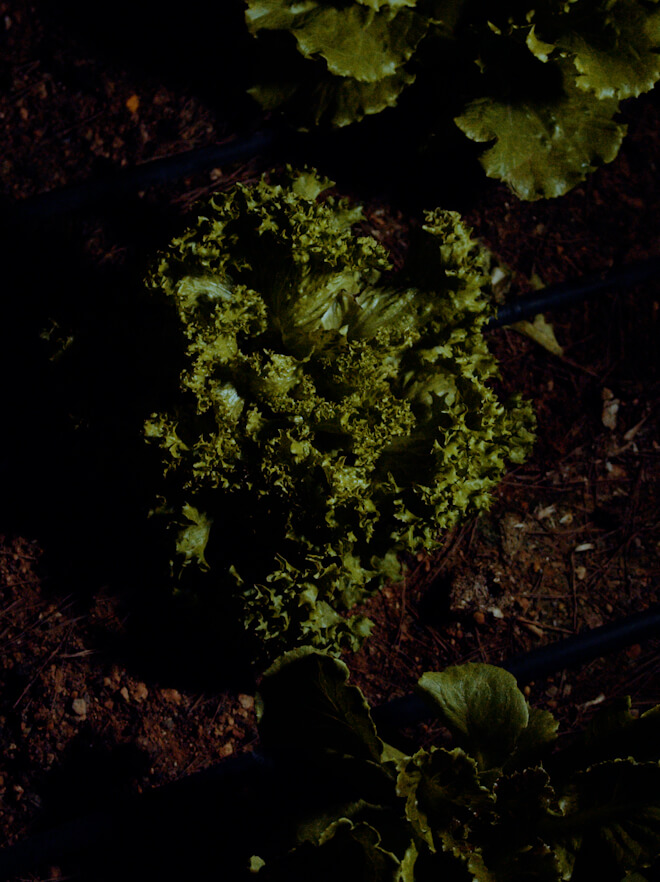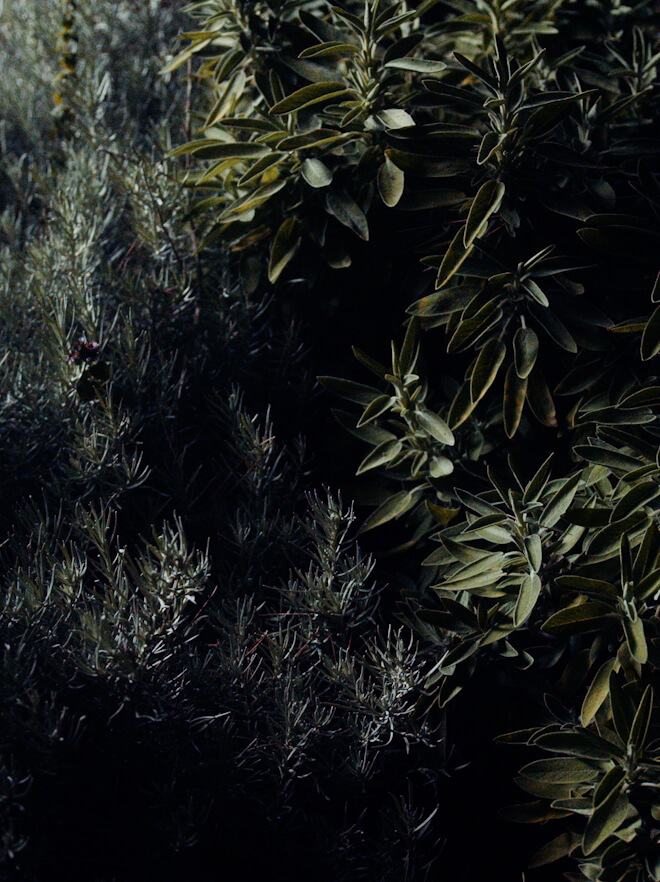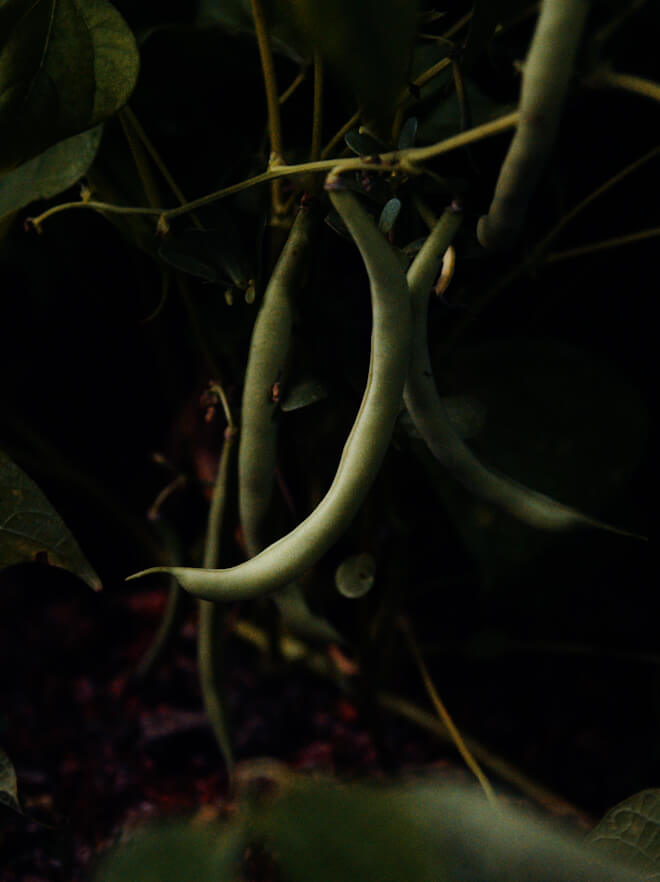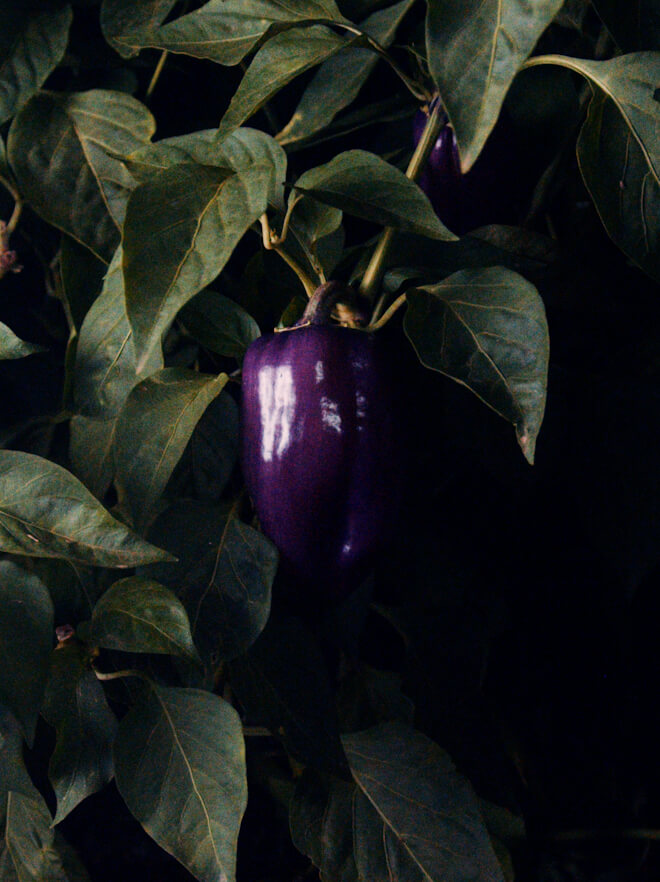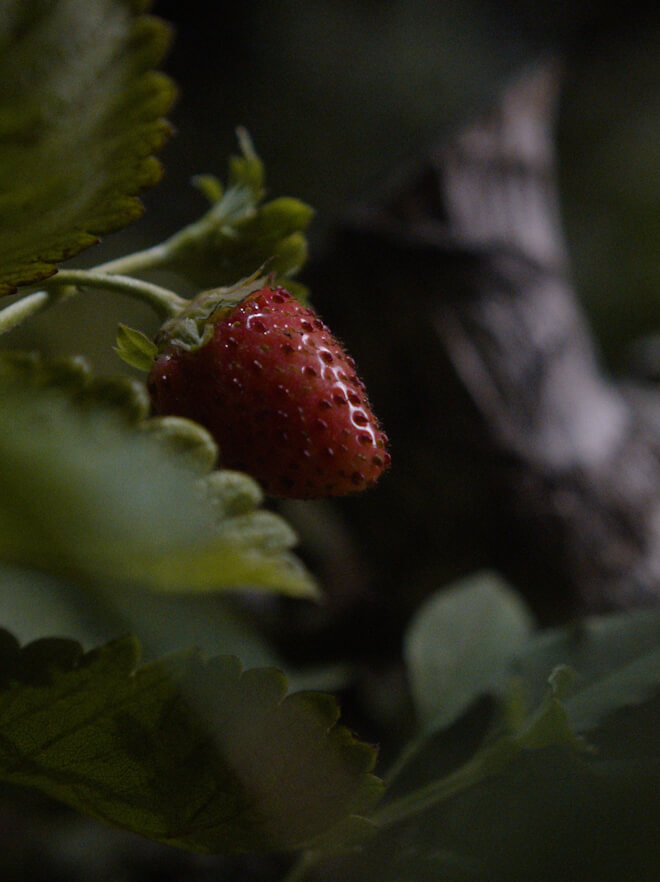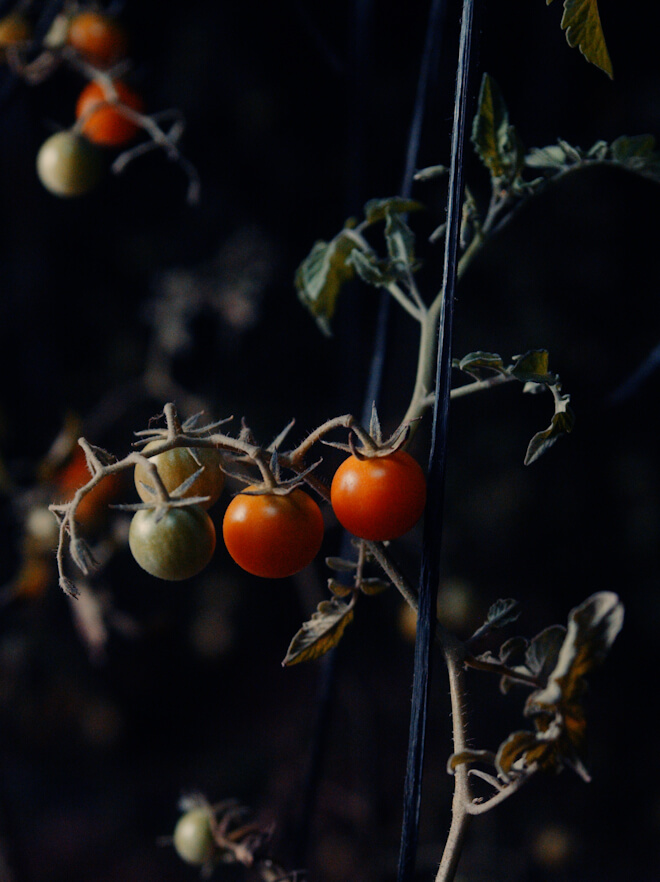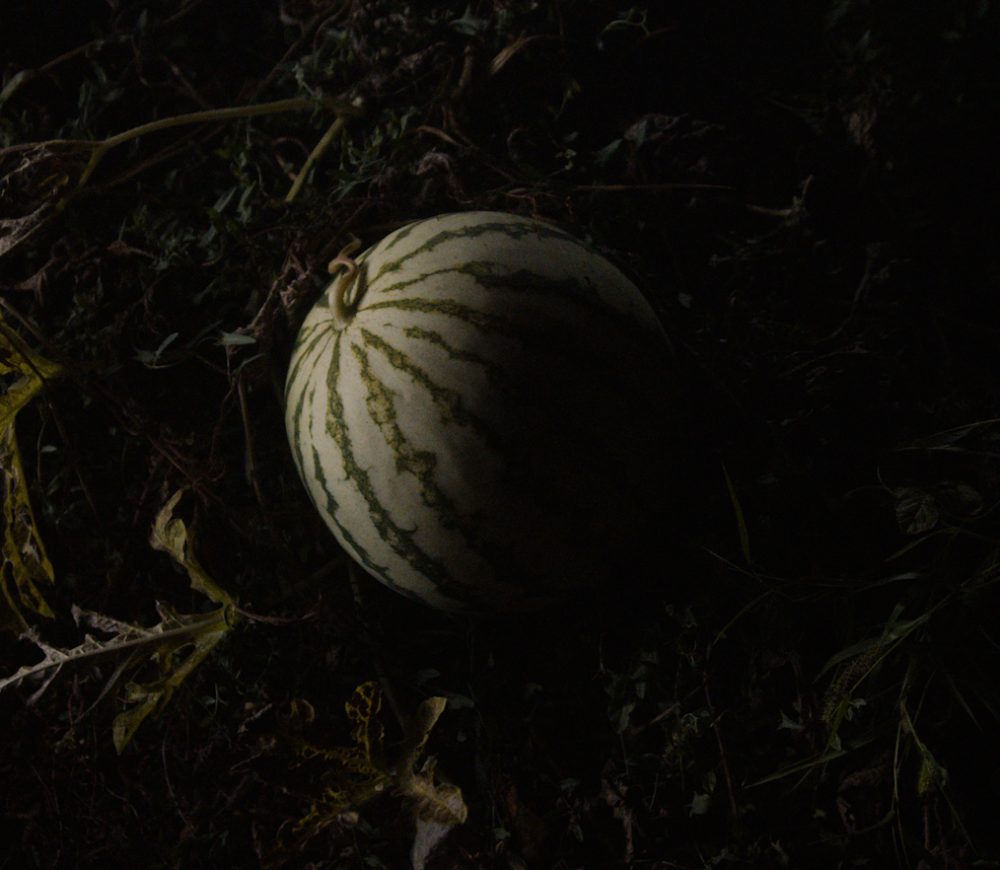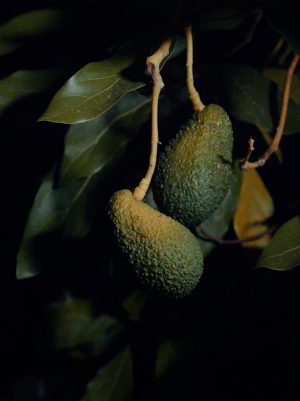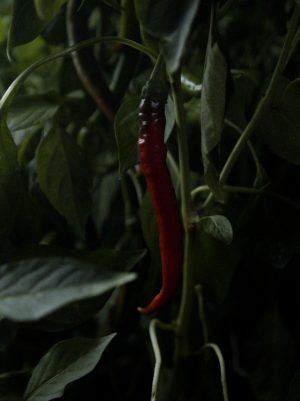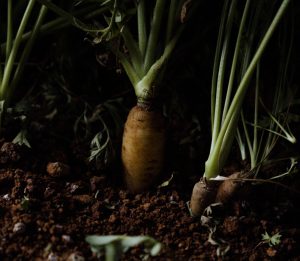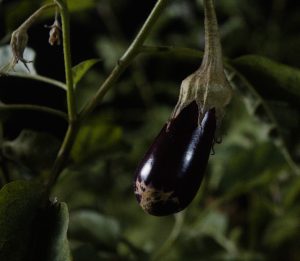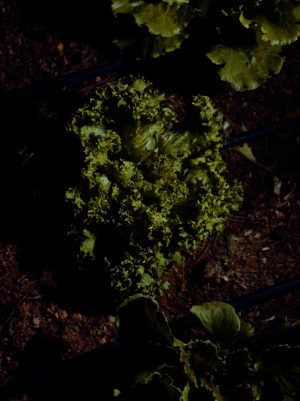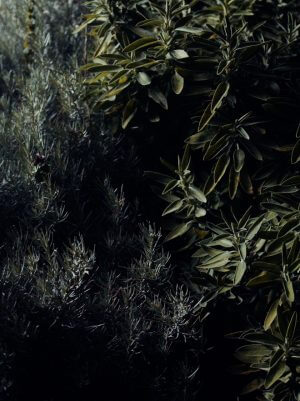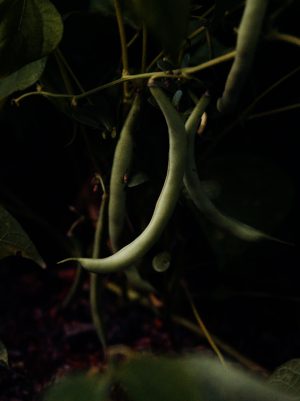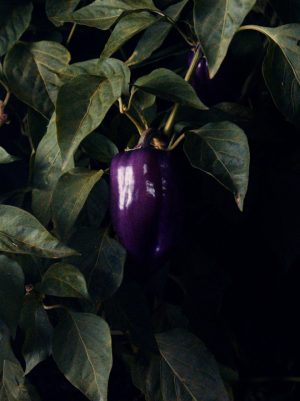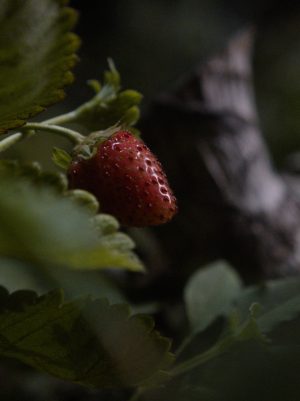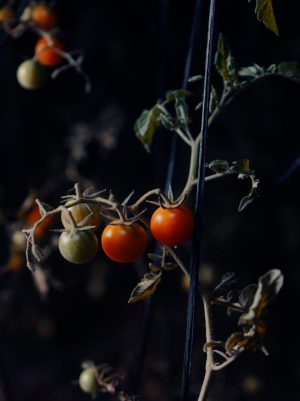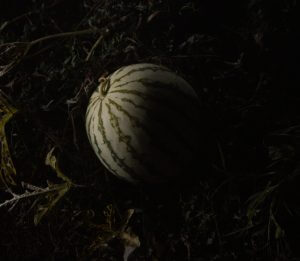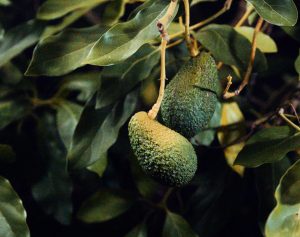
Avocado
"The plants will talk to you and they will tell you what they need,” says La Granja’s master farmer Andy Szymanowicz, an expert in biodynamic agriculture and lacto-fermentation who ran an influential community-supported agriculture project in his native upstate New York before moving to Ibiza to oversee La Granja’s agricultural reactivation.
“It’s not just building the infrastructure. It's building the soil; it's building the biodiversity; it's building the program, systems, learning about what the kitchen wants, building relationships,” he says. “Building a farm is a long-term project.”
The avocado trees at La Granja are, quite literally, one of the fruits of Andy’s hard work. “They need pretty fertile soil, whereas olive trees can grow in poorer soil and thrive throughout the Mediterranean. Avocados need more love… They need protection from wind, but they do grow here in Ibiza,” he said of the nutrient-packed fruit.
The avocados are picked according to need—either by the farmers or sometimes by the cooks themselves. “The idea is, when we need something, we can go to pick it up too, because we know what we need and how much we need it in the day,“ said Diego Silva, a Peruvian cook who’s been working at La Granja for four years. “It’s not our way to just harvest everything and not use it.“
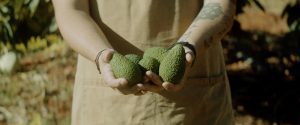

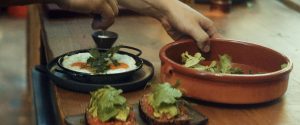

Avocado
- Originated in south-central Mexico
- May help to ward off cancer and inflammation and assist digestion and heart health
- Harvested from late spring to early fall
- 4-7 years seed to harvest
Chili
- Originated in Mexico
- May help promote weight loss and relieve pain
- Grown in summer
- 60-95 days seed to harvest
Carrot
- Originated in Persia
- Improves health of eyes, skin, hair, growth, and immune system
- Grown year round
- 60-80 days seed to harvest
Eggplant
- Originated in southern Asia
- Strengthens bones, reduces symptoms of anemia, improves cognition and cardiovascular health, protects the digestive system
- Grown in summer
- 100-150 days seed to harvest
Greens
- A great source of beneficial plant compounds like antioxidants and polyphenols
- Strengthens heart health, lowers risk for numerous chronic diseases
- Grown year round
- 2-3 weeks seed to harvest
Herbs
- Rich with unique antioxidants, organic compounds, essential oils, vitamins and phytosterols
- Antiseptic and anti-inflammatory properties
- Thought to strengthen immunity and reduce risk of various diseases
Green Bean
- Originated in Peru
- Contains vitamins A, C, K, folic acid and fiber
- Supports brain health, repairs cell damage and strengthens bones
- Grown in summer
- 50-55 days seed to harvest
Lavender
- Originated in the Mediterranean and Middle East
- Antiseptic, anti-inflammatory, can help heal minor burns and insect bites
- Grown in summer
- 14-21 days from seed to harvest
Pepper
- Originated in the Americas
- Improves eye health and reduces risk of cancer, anemia and heart disease
- Grown late spring to early fall
- 60-90 days seed to harvest
Strawberry
- Originated in the Americas
- Contributes to skin and hair health, reduces the risk of cardiovascular disease and stroke
- Grown in spring
- 5 months to a year or more seed to harvest
Tomatoes
- Originated in the South American Andes
- Improves heart and skin health, may prevent cancer and other diseases
- Grown late spring to summer
- 60-80 days or more seed to harvest
Watermelon
- Originated in Africa
- Improves heart and eye health, lowers inflammation, assists with digestion and hydration
- Grown in summer
- 80 days seed to harvest
10317 Berlin, Germany
1100-383 Lisbon, Portugal
